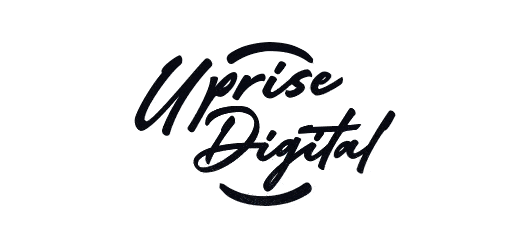
Uprise Digital is now The Outsourcing Agency
From its launch in 2019, Uprise Digital was built with a singular purpose – to provide businesses the opportunity to outsource website design and development to a trusted partner.
I am very proud to say that over the last six years we have achieved exactly that. I’ve been humbled to watch our partner businesses grow alongside us, including those who have come to us through acquisition thanks to the growth of our own reputation. Many of our earliest clients remain with us today – a testament to the success that we have jointly achieved.
Now it’s time for the next step. I’ve been working with an investment partner to reimagine what outsourcing could mean beyond just website development.
We asked, what would it mean to your business if we could offer any marketing related service they could think of?
- Social Media Management
- PPC Campaigns
- Copywriting
- PR
- Branding
- Graphic Design
- Videography
- Photography
- Animation
- Motion Graphics
And, of course, website development.
As of today and the launch of our new company, all of the above services are yours at the click of a button.
I am proud to introduce, The Outsourcing Agency
Fully replacing Uprise Digital, The Outsourcing Agency is a new venture in partnership with Barney Jameson, a veteran journalist, publisher and marketer who since 2016 has built a UK-based agency named The Inside Story.
Our goal is the same as ever – to help our partners do more and make more without all the in-house headaches and overheads. You book the work, we take care of the delivery.
Don’t fear. If you have any ongoing work with us right now, this has been transferred to the new company with no disruption.
In the meantime, please visit our new website at www.theoutsourcingagency.com and you can email us at info@theoutsourcingagency.com.
We can’t wait to answer your questions and chat about what the future holds.
I hope you find this news as exciting as I do.
Best wishes
Ben Tiffin
Founder & CEO
The Outsourcing Agency